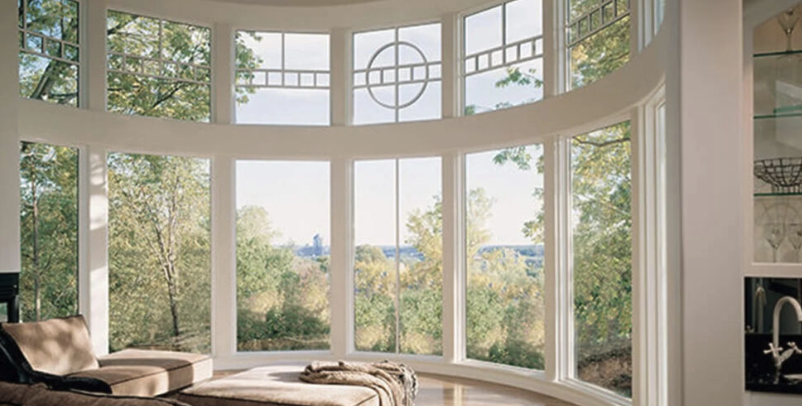
Enhancing Energy Efficiency with the Right Replacement Windows
Energy-efficient windows are vital for both new and existing homes, accounting for a significant portion of residential energy use for heating and cooling. Whether you're building a new home or replacing existing windows, investing in the most efficient windows suitable for your climate is crucial. Alternatively, if your current windows are in good condition, you can take steps to improve their efficiency, leading to increased home comfort and energy savings.
Option 1: Upgrade Your Windows for Improved Efficiency If your windows are in decent shape, upgrading them can be a cost-effective way to enhance energy efficiency. Consider adding features like weatherstripping and caulking to minimize energy loss through gaps and cracks around the frames. Additionally, installing window treatments like thermal curtains or blinds can further improve insulation.
Option 2: Replace with Energy-Efficient Windows Choosing energy-efficient replacement windows can have a significant impact on your home's comfort and energy bills. Look for ENERGY STAR certified windows, which meet strict energy efficiency guidelines and are tested for performance in various climates.
Understanding Double-Paned or Dual-Glazed Glass Double-paned or dual-glazed glass is an energy-efficient solution that consists of two glass panes separated by a sealed air space. This configuration provides better insulation and sound reduction compared to single-pane windows. The air space acts as an insulating layer, reducing heat transfer, sound transmission, and UV radiation from the outside to the inside. This type of glass can improve thermal performance, maintain comfortable temperatures year-round, reduce energy bills, and enhance security due to its resistance to breakage.
Single-Paned Glass: The Basic Option Single-paned glass is a simpler and more affordable type of window glazing that consists of a single glass pane within a frame. While not as energy-efficient as multi-paned windows, it still provides some insulation from outdoor temperatures. Single-paned windows lack an air or gas pocket between the panes, resulting in limited noise reduction and insulation compared to double or triple-glazed windows. This type of glass is commonly found in older homes and can still be used in modern construction projects where cost efficiency is a priority.
The Advantages of Low-E Glass: Low-E glass features a microscopically thin, transparent coating that reduces the amount of ultraviolet and infrared light passing through the window while allowing ample visible light. The Low-E coating reflects heat into the room during cold weather and keeps temperatures comfortable during warm weather. This glass improves energy efficiency, reduces air conditioning costs in hot climates, heating costs in colder regions, minimizes fading of furniture and fabrics, and reduces glare. As a result, Low-E windows have become increasingly popular for both residential and commercial applications.
Choosing the Right Window Energy Ratings When selecting windows for your home, it's essential to consider the following energy ratings:
-
U-Factor: The lower the U-Factor, the better insulated the windows are from outdoor elements. For regions with hot summers and cold winters, like Omaha, a low U-Factor is beneficial for maintaining comfortable temperatures.
-
Solar Heat Gain Coefficient (SHGC): A low SHGC rating is ideal for areas with extreme temperatures like Omaha. It helps block heat and keeps your home cooler during summer months.
-
Air Leakage: Look for windows with lower air leakage ratings to maintain a consistent indoor temperature while still allowing some ventilation.
-
Visible Transmittance (VT): Higher VT ratings allow more light into your home, while lower VT ratings reduce the amount of light, providing different lighting ambiance options.
Unlocking Cost-Saving Benefits with Energy-Efficient Windows
As experts in window installation and energy efficiency, we have seen firsthand the significant impact that energy-efficient windows can have on both residential and commercial properties. Let's delve into the cost-saving benefits of investing in energy-efficient windows using concrete figures in dollars and percentages:
Understanding the Potential Savings Energy-efficient windows can lead to substantial cost savings by reducing the amount of energy needed to heat and cool your home. On average, windows can account for approximately 25% to 30% of residential energy use for heating and cooling purposes. By upgrading to energy-efficient options, you can significantly cut down on these energy expenses.
Average Annual Energy Savings Suppose you're currently using standard single-pane windows in your home and decide to replace them with ENERGY STAR certified double-paned windows. The typical annual energy savings can vary depending on your location, climate, and the number of windows you replace. However, studies have shown that homeowners can save anywhere from $126 to $465 per year on heating and cooling costs by switching to energy-efficient windows.
Calculating the Return on Investment (ROI) The initial investment in energy-efficient windows might be higher than standard options, but the long-term savings they offer make them a cost-effective choice. To calculate the ROI, consider the upfront cost of the new windows and divide it by the estimated annual energy savings.
For instance, if you spend $5,000 on new energy-efficient windows and save $200 per year on energy bills, the simple ROI calculation would be:
ROI = Annual Energy Savings / Upfront Cost * 100 ROI = $200 / $5,000 * 100 ROI = 4%
In this example, you can expect a 4% return on your investment each year through energy savings. Keep in mind that the ROI will improve over time as energy prices continue to rise.
Lifetime Savings Potential Energy-efficient windows are built to last, and their benefits extend over several years. The average lifespan of high-quality energy-efficient windows can range from 20 to 30 years or more. Let's consider a conservative estimate of 20 years for our calculations.
Suppose you save $300 per year on energy bills by using energy-efficient windows. Over 20 years, the total savings would be:
Lifetime Savings = Annual Energy Savings * Lifetime (in years) Lifetime Savings = $300 * 20 Lifetime Savings = $6,000
In this scenario, you could save a substantial $6,000 over the lifetime of your energy-efficient windows compared to using standard single-pane windows.
Additional Benefits of Energy-Efficient Windows Apart from cost savings on energy bills, energy-efficient windows offer several other advantages that contribute to their value:
-
Increased Property Value: Energy-efficient features are increasingly sought after by homebuyers. Energy-efficient windows can enhance your property's resale value, making them a valuable investment.
-
Improved Comfort: Energy-efficient windows help maintain consistent indoor temperatures, reducing the need for excessive heating or cooling. This results in increased comfort for occupants throughout the year.
-
Environmental Impact: By using less energy for heating and cooling, you'll reduce your carbon footprint, contributing positively to the environment.
-
Noise Reduction: Double-paned or dual-glazed windows provide better sound insulation, creating a quieter and more peaceful indoor environment.
Investing in energy-efficient windows is a smart choice for both cost-conscious homeowners and environmentally conscious individuals. The upfront investment might be higher, but the long-term cost savings, potential ROI, and numerous other benefits make them a wise and sustainable investment for any home or business. As an experienced expert in the industry, I can attest that energy-efficient windows from Wallaby Windows will not only improve your home's energy efficiency but also enhance your overall quality of life.
At Wallaby Windows, we understand the importance of energy-efficient windows and their impact on your home's comfort and energy bills. Our locally owned business offers a streamlined process to help you choose the perfect window components, ensuring long-term durability and satisfaction. We stand behind our products and take responsibility for any issues, resolving them promptly. Count on our dedicated consultants to guide you through the process and find the best window solution for your home and climate.


